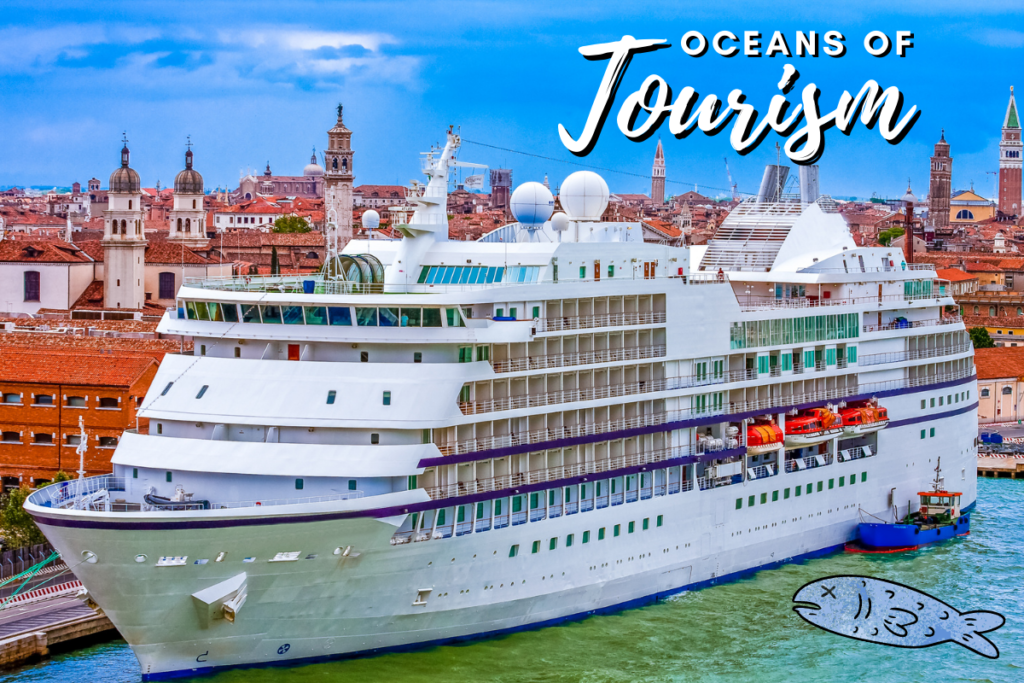
Oceans of Tourism
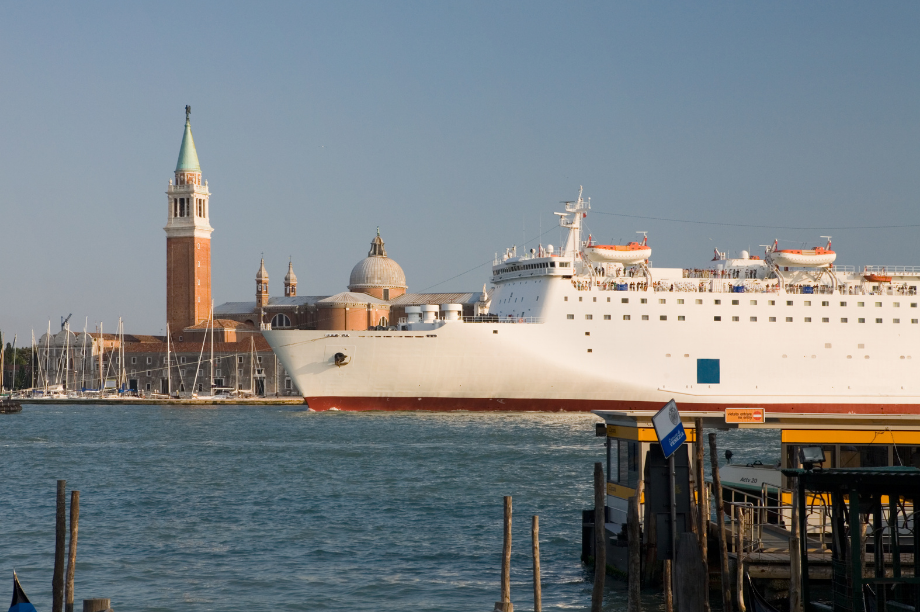
It is a staggering sight. A massive, multi-story cruise ship towering over St. Marks Square in Venice. On 03 June 2021 a cruise liner sailed down the Grand Canal for the first time in 17 months. Its arrival was greeted by protesters on the shore and on the water, including in the traditional rowing boats of the city. Cruise ships had been banned from Italy due to the pandemic with restrictions lifted in May. However just in March of this year the Italian government had declared that cruise ships would no longer be allowed in the main canal of Venice and would have to dock at the nearby industrial port of Marghera. Concerns have been raised about safety and potential threats to the historic buildings and the lagoons’ environment along with over-tourism. It was a poignant image so close to World Ocean Day on 08 June that begs the question: how does tourism affect the oceans?
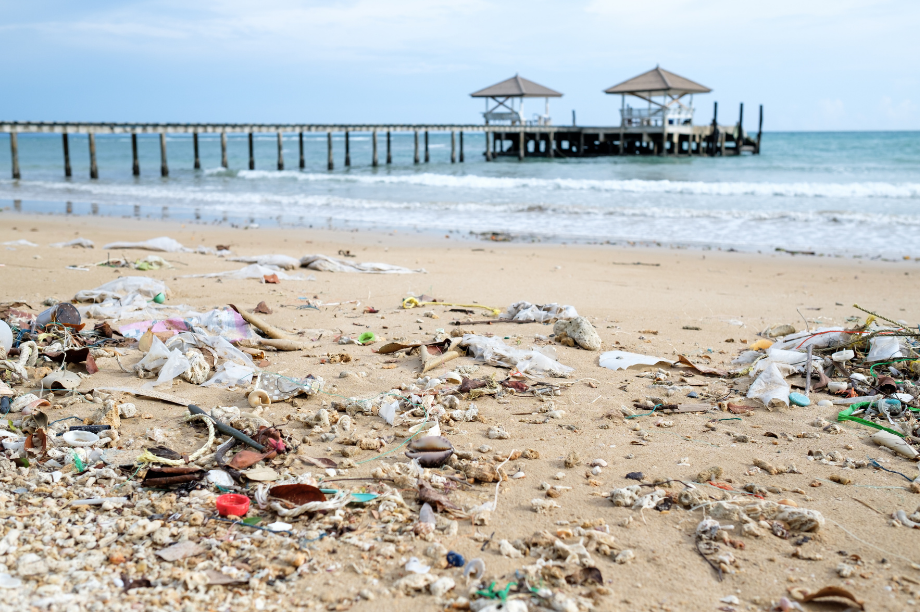
How Does Tourism Affect the Oceans?
Tourism is inextricably linked to the world’s oceans. Think of the number of beach resorts that line coastlines. Think fishing for marlin in the Azores, sea kayaking in Baja California, diving to see whale sharks in Western Australia, rowing trips in Turkey. Think cruise ships in the Caribbean and the Mediterranean or the Inside Passage to Alaska. Apparently over 350 million people annually travel to the coral reef coasts of the world and coral reef tourism has an estimated annual value of US$36 billion. Given that oceans cover 71% of the Earth’s surface and contain 97% of the Earth’s water, the connection of tourism to oceans is not surprising. So how does tourism affect the oceans?
It is a sad litany of negative impacts. Oceans are affected by climate change, with rising water temperatures killing coral, for example. There is overfishing and pollution, including from plastics. The direct impacts of tourism on the oceans include litter on beaches and garbage disposed into the water. Some developments are destructive to coastal, beach and mangrove ecosystems, important to sustaining marine life. There are harmful wildlife interactions whether from boats or in the water. Even some sunscreens are toxic. It is depressing. Last year for World Ocean Day we explored how rowers protect oceans. For this year, we are happy to discover that there are ways that tourism is affecting oceans but in a positive way.
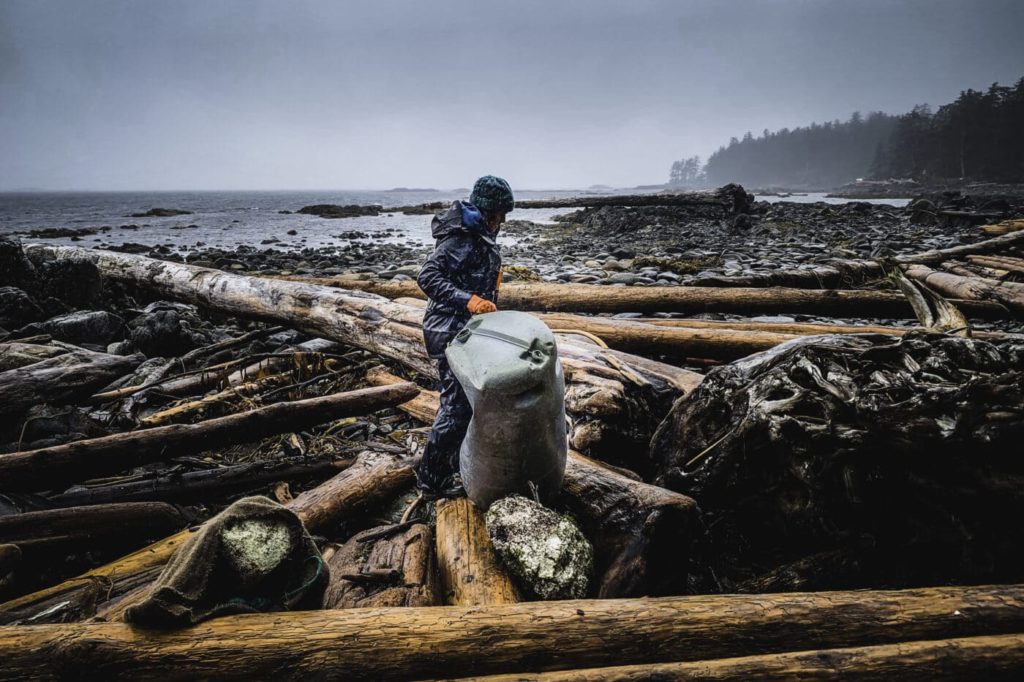
A Different Image in British Columbia
The pandemic has hammered the tourism industry. Businesses paused, laying off staff, in some cases closing. Others “pivoted”, a word that I am not fond of, re-orienting to local tourists or alternate activities. In Canada, the Small Ship Tour Operators Association of British Columbia created the Marine Debris Removal Initiative (MDRI) with funding from the provincial government. In 2020, 127 tonnes of debris were removed from over 1000 kms of coastline in a six-week period. The 2021 MDRI is in progress. This is more than your average beach cleanup of plastic straws and flipflops. It is an industrial scale operation, with a barge and helicopter in use to remove massive fishing net debris as well as 100 derelict marine vessels. The Initiative is employing staff from the tour companies and partnering with local First Nation communities and a marine recycling company.
With little prospect this year of international tourists returning to B.C., Mr. Smith [the leader of the MDRI] welcomed the opportunity for the ecotourism sector to repay the environment that it depends on. “I was so glad that we are able to do it,” Mr. Smith said. “We’re protecting the coast that gives us our livelihood, and allows us to have this beautiful lifestyle, running these trips.”
Other Positive Tourism Initiatives
Kevin Smith, quoted above, owner Maple Leaf Adventures, is no stranger to eco or responsible tourism and giving back to the oceans. Fortunately he is not alone. For example, Linblad Expeditions describes how they “use the power of travel to make a positive impact”.
The Lindblad Expeditions-National Geographic Fund supports projects to understand and protect our world’s ocean, restore critical marine and coastal habitats, and foster environmental stewardship in the regions visited by our fleet, and beyond.
https://www.expeditions.com/globalassets/pdf/lex-ngfund_impactreport_2019-2020.pdf
The Fund has an impressive list of projects. Planeterra is the charitable foundation established by Bruce Poon Tip of G Adventures. It too has an impressive list of projects, including their Ocean Health Fund. The video for that Fund is impressive, and while it begins with the problems of how tourism affects the oceans, it talks about solutions, especially what G Adventure’s polar expedition ship does. This includes education, coastal clean-ups, minimizing plastics on board and collecting data in remote regions. Apparently 40,000 tourists visit Antarctica in a normal year. As the video points out, most tour operators there act very responsibly, which is hugely encouraging.
The more that I looked, the more positive examples that I found. Some coastal resorts are models of sustainability, including a few with ocean conservation programs. Those examples are high end luxury resorts, but there are some options for the rest of us. Big resorts, especially those part of large corporations or conglomerates would appear to be less clear in their commitment shall we say. If you really want to make a direct impact yourself on protecting oceans, there are marine conservation holidays, ranging from turtle conservation to whale and dolphin research.
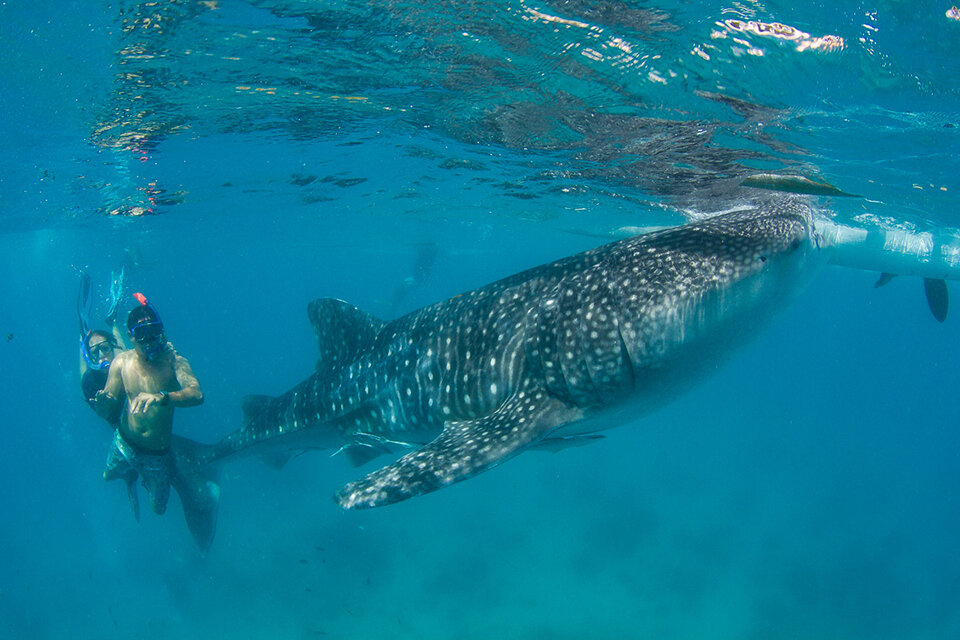
Consumers, Companies and Communities
One thing that struck me about the Planeterra and Lindblad Expeditions-National Geographic Fund projects, is that while the corporations pay for the operations of the charity, 100% of the project money is donated by travellers and it is a significant amount. Consumers can also make informed choices on where and how they travel, which can directly and indirectly contribute to or minimize tourism’s effects on oceans.
While tourism companies need to shoulder responsibility to a greater degree, communities are also part of the mix, and this is where it gets more complicated. The return of a cruise ship to Venice prompted protests against big vessels, but there was a counter protest in favour of the ships from people employed in shore and tourism services. An important aspect of sustainable tourism is providing local employment or business opportunities for communities, avoiding dependence on mass tourism. Although this might fit into the too good to be true category, a study in in the Philippines showed how ecotourism transformed local attitudes to embrace marine conservation. Many communities depend on tourism, regardless of whether the impacts are positive or negative or both. All of our lives ultimately depend on the health of the planet including the oceans. Making the connection between tourism and oceans a positive one will benefit all.
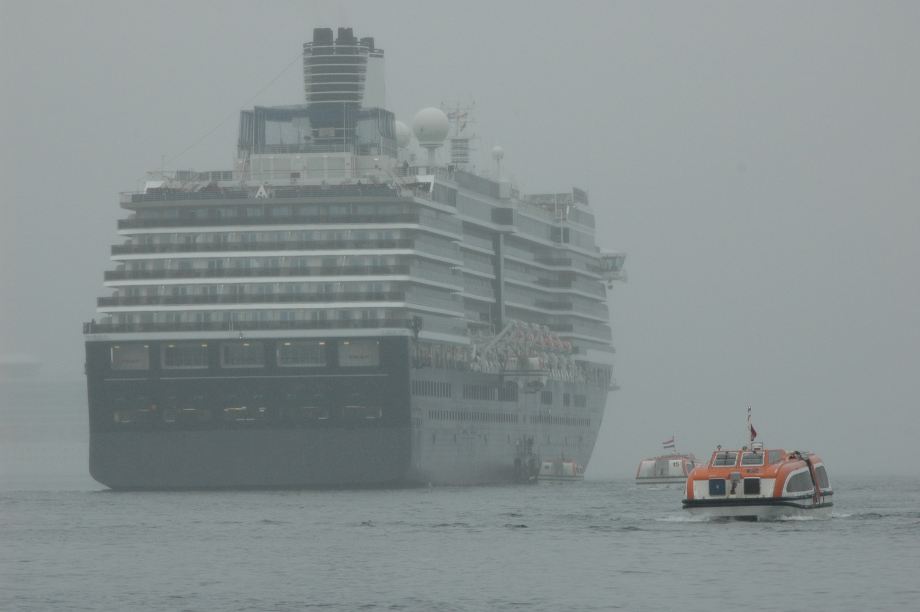
Back to Those Cruise Ships
People love cruise ships, and despite being floating petri dishes during the pandemic, many travellers are eager to get back on board. The impact of cruise ships is mind-boggling however. Friends of the Earth has a pretty damning report card system, as you might expect. But even Forbes magazine has headlined the health and environmental problems caused by cruise ships, not just to oceans but also in terms of air pollution and over tourism. But maybe there is hope. Destinations and governments are starting to pay attention (although people in Venice might disagree). Travellers can influence the industry including by the travel choices that they make.
The cruise industry is so competitive that companies are fighting to distinguish themselves and attract more customers. So the more pressure they get from customers to improve sustainability and environmental standards, the more these issues will rise up their agendas – and hopefully the better the cruise industry’s environmental record will get in future.
https://www.ontheluce.com/cruise-environmental-impact/
Being a niche adventure travel tour operator, I am obviously biased towards smaller scale travel. There is much talk in the industry about “building back better” after the pandemic, with a new buzzword “regenerative tourism”. With so many needing to earn money again as soon as possible, it is hard to see how significant change can happen rapidly. But I am encouraged and increasingly optimistic that little by little the answer to the question of “how does tourism affect the oceans?” will become a positive one.